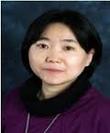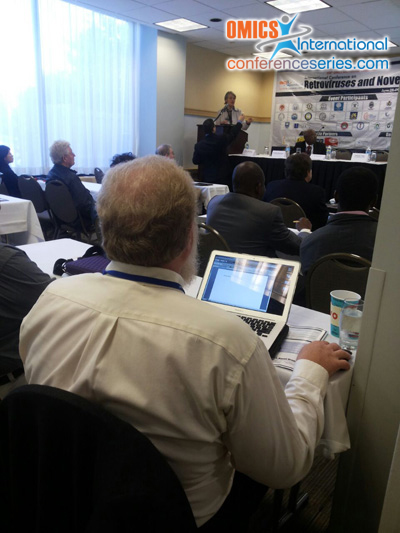
Li Tang
Roswell Park Cancer Institute, USA
Title: Associations between insertional polymorphisms of human endogenous retrovirus K113 and K115 and breast cancer risk in African American and European American women
Biography
Biography: Li Tang
Abstract
Human endogenous retroviruses (HERVs) are remnants of ancient virus infection. The majority of them are disabled due to mutation and/or deletion. However, HERVK113 and K115 have been shown to have full-length insertion in human genome and retain the ability to encode functional virus proteins in some individuals. Considering the potential role of HERVs in carcinogenesis and a high genetic homology between HERV K and mouse mammary tumor virus, we examined the distribution of HERV K113 and K115 in African American (AA) and European American (EA) women, and investigated their association with breast cancer risk. PCR followed by fragment analysis was used for insertional polymorphism assay. For each HERV, three PCRs were performed to determine whether the insertion is partial or full length. Indeed, a subset of individuals showed insertion of long terminal repeat (LTR) of HERV, instead of whole virus insertion. For both K113 and K115, with or without including LTR insertion, the distribution was significantly different between AA and EA women. A two-fold higher prevalence of HERVs was observed in AA women, showing 51.5% of individuals with at least one copy of either K113 or K115 compared to 23.3% in EA women among controls. The prevalence of HERVs was inversely correlated with proportions of European ancestry. HERV K113 insertion was significantly associated with the reduced risk of breast cancer in both AA and EA women. Near 50% reduction of breast cancer risk was observed in AA and EA women with homozygous insertion of K113 (combined OR, 0.45; 95% CI, 0.25-0.80), while K113 is only HERV identified so far with a capacity to produce virus particles in cells. Interestingly, hormone exposure seems modulate the association of HERV K113 insertion with breast cancer risk. Anti- HERV-K specific antibody has been shown to inhibit breast cancer growth in animal models. Polymorphic insertion of HERV K113 may interact with host immune system and offer some protection against breast cancer.
Speaker Presentations
Speaker PPTs Click Here



